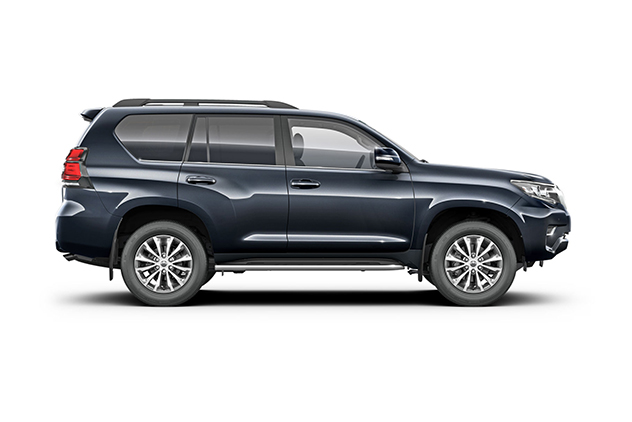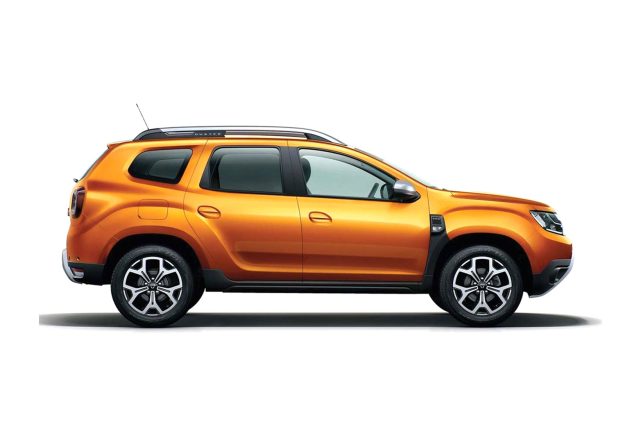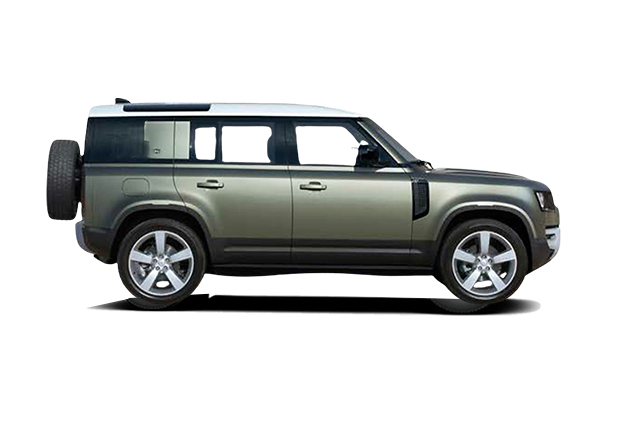Last updated: February 2026
F-roads in Iceland lead to some of the country’s most stunning and remote landscapes — from wild lava fields to hidden mountain valleys.
But they’re also some of the toughest routes to drive, open only for a few months each year and strictly limited to 4×4 vehicles.
Here’s everything you need to know before hitting the highland tracks.
Key Facts About Driving on F-Roads in Iceland
- F-roads are mountain roads marked with the letter “F” (e.g. F35, F26).
- Only 4×4 or AWD vehicles are legally allowed — 2WD cars are prohibited.
- Roads are gravel or rocky, often with rivers or steep slopes.
- F-roads open only in summer (typically late June–mid-September).
- Off-road driving is illegal and fined up to 350,000 ISK.
- No insurance covers water or undercarriage damage from rivers or stones.
- Always check Road.is for live opening dates and safety alerts.
- Driving these roads requires experience, patience, and good preparation.
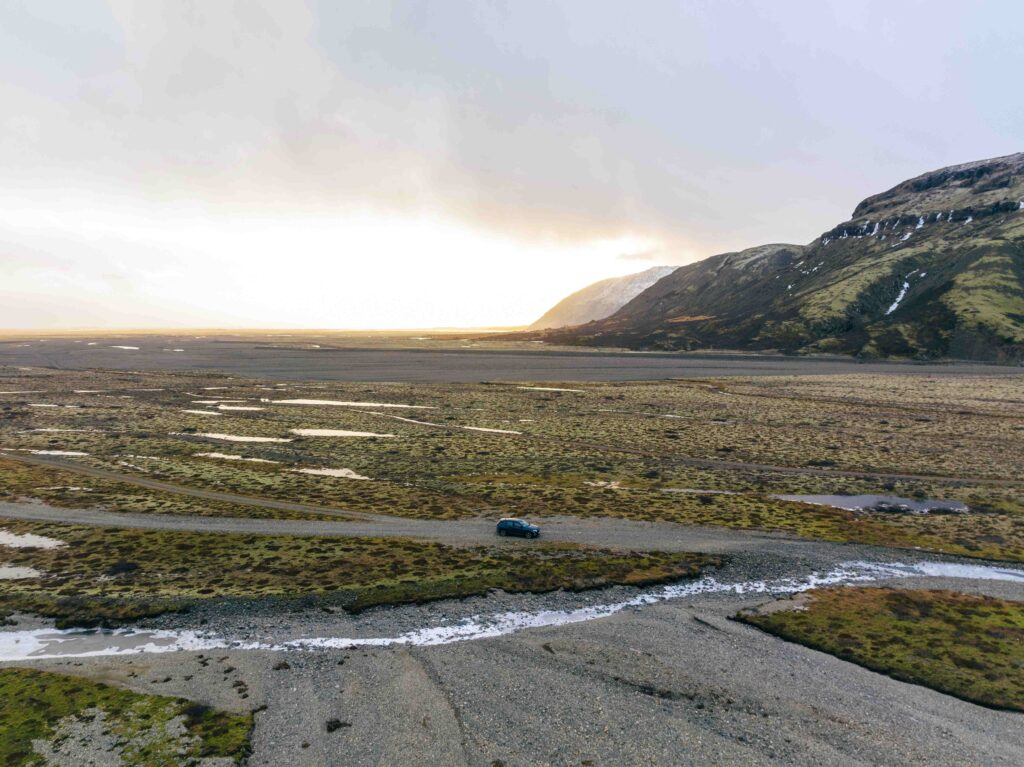
Q: What Are F-Roads in Iceland?
F-roads (short for Fjallvegir, meaning mountain roads) are rough inland tracks that connect Iceland’s highlands.
They’re not paved, not maintained, and can include steep climbs, loose rocks, and unbridged rivers.
These roads are used mainly for adventure travel — to reach destinations like Landmannalaugar, Askja, or Kjölur — and are not suitable for regular cars or beginner drivers.
F-roads are usually numbered with an “F” prefix, for example:
- F35 – Kjölur Route
- F208 – Landmannalaugar Route
- F88 – Askja Access Road
Q: When Are F-Roads Open in Iceland?
F-roads generally open in late June and close by mid-September, depending on weather and snow melt.
Some highland routes may open later (July) or close earlier (August) if flooding or snowfall occurs.
To check exact opening status:
- Visit Road.is → “Mountain roads” section
- Or use the Vegagerðin map for live conditions
Driving on closed F-roads is illegal and uninsured — even if you see tire marks.
Q: What’s the Difference Between F-Roads, Gravel Roads, and Paved Roads?
| Road Type | Surface & Condition | Vehicle Allowed | Open Season | Key Notes |
|---|---|---|---|---|
| F-Roads (Mountain Roads) | Rocky, rough, unpaved, may include rivers | 4×4 or AWD only | June–Sept | High risk, limited maintenance |
| Gravel Roads (Non-F) | Loose gravel, uneven but passable | 2WD or 4×4 | All year (some sections close in winter) | Drive slowly, beware flying stones |
| Paved Roads (Ring Road) | Asphalt, well maintained | All vehicles | All year | Smooth driving, most tourist routes |
Q: Are There Roads Like F-Roads That Aren’t Marked With “F”?
Yes.
Certain highland connectors and remote gravel roads are not labeled with “F” but are just as rough — with deep potholes, rocks, or river crossings.
They may appear safe at first but can quickly become dangerous for 2WD vehicles.
If you’re unsure whether a route requires 4×4, always check Road.is or ask your rental provider before departure.
Q: Is Off-Road Driving Allowed in Iceland?
No.
Off-road driving is strictly forbidden anywhere in Iceland.
This includes:
- Driving off marked roads
- Crossing moss or lava fields
- Leaving gravel tracks to reach a viewpoint
Fines for off-road driving can exceed 350,000 ISK and may include police action.
Iceland’s volcanic landscape is fragile — damage to moss or soil can take decades to recover.
Q: What Cars Are Allowed on F-Roads?
Only 4×4 or AWD vehicles with high ground clearance can legally drive F-roads.
Typical allowed vehicles include:
- Toyota Land Cruiser
- Land Rover Defender
- Dacia Duster 4×4
- Jeep Renegade Trailhawk 4×4
- Mitsubishi Pajero / Outlander 4×4
Small 4×4 crossovers may still struggle on deep rivers, so check your planned route’s difficulty level before departure.
Vehicle Types Not Allowed on F-Roads
- 2WD or economy cars (e.g. Hyundai i30, Toyota Yaris, Kia Ceed)
- Campervans or minibuses without 4×4
- Any car with low ground clearance
Driving an unauthorized car on F-roads voids insurance and you pay all damage costs.
Q: What Should I Expect When Driving on F-Roads?
Expect rough, slow travel — average speed rarely exceeds 30–40 km/h.
You’ll encounter gravel, rocks, puddles, and sometimes rivers.
Key Preparation Tips
- Check weather and road openings daily at Road.is and Vedur.is.
- Keep your fuel tank above half — gas stations are rare in the highlands.
- Bring water, snacks, warm clothes, and a power bank.
- Avoid driving alone or after dark.
- Turn back if unsure — there’s no shame in being safe.
Q: Are There Rivers on F-Roads?
Yes — many F-roads involve unbridged river crossings.
Crossing rivers safely requires experience:
- Walk across first (if safe) to check depth and flow.
- Always drive slowly and steadily in low gear.
- Avoid driving through strong currents or deep water.
If the water level looks high, do not attempt the crossing — wait or turn back.
Rental insurance does not cover water damage.
Q: When Should I Avoid Driving on F-Roads?
Avoid F-roads if:
- You’re visiting outside summer season
- You’re not confident with gravel or river crossings
- The weather forecast shows heavy rain or wind
- You’re driving a low or 2WD car
- You’re short on fuel or daylight hours
When in doubt, stick to main routes like the Ring Road or Golden Circle, which are safe year-round.
Q: Example F-Roads and Their Typical Opening Months
| F-Road | Route / Destination | Difficulty | Typical Opening Period |
|---|---|---|---|
| F35 – Kjölur | Gullfoss to north Iceland | Easy to moderate | Late June – Mid Sept |
| F208 – Landmannalaugar | South Iceland to Landmannalaugar | Moderate, rough | Late June – Early Sept |
| F88 – Askja Access Road | North Iceland to Askja volcano | Challenging (river crossings) | July – Early Sept |
| F26 – Sprengisandur | Central highlands route | Difficult, remote | July – Late Aug |
Opening and closing dates vary every year — always verify with Road.is before traveling.
Q: How Can I Prepare for an F-Road Trip?
Before You Go
- Plan your route and check Road.is + Vedur.is daily.
- Rent a 4×4 vehicle suitable for gravel and river crossings.
- Bring printed maps — mobile service is limited.
- Carry warm layers, food, and emergency supplies.
While Driving
- Keep speed low, especially near blind hills and rocks.
- Avoid river crossings alone or at night.
- Never leave marked roads.
- Tell someone your route if going into remote areas.
Emergency Numbers and Roadside Help
- Emergency (Police / Fire / Ambulance): 112
- Road Conditions: www.road.is
- Weather Forecasts: www.vedur.is
- Thrifty 24/7 Road Assistance: number on your rental agreement
If your car breaks down, stay with your vehicle, switch on hazard lights, and wait for help.
Related Guides
- Driving in Iceland: Rules and Safety Tips
- Winter Driving in Iceland: Snow & Ice Guide
- Choosing the Right 4×4 Rental in Iceland
- Iceland Car Rental Insurance Explained
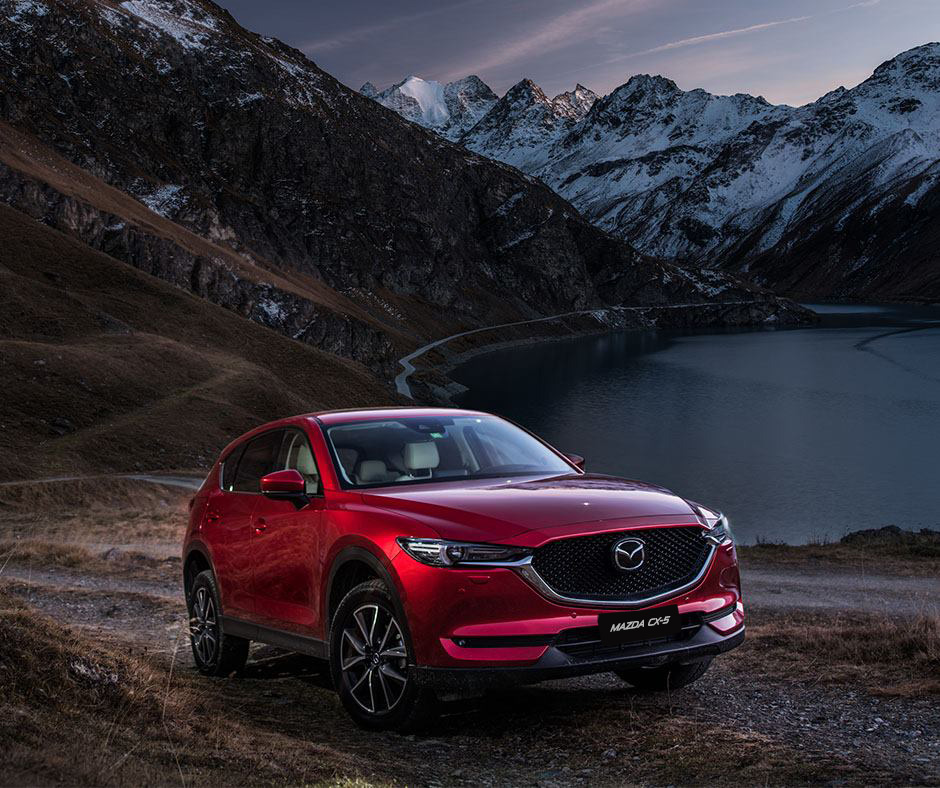
Driving Information
There are many things about driving in Iceland that might come as a surprise. Read more.
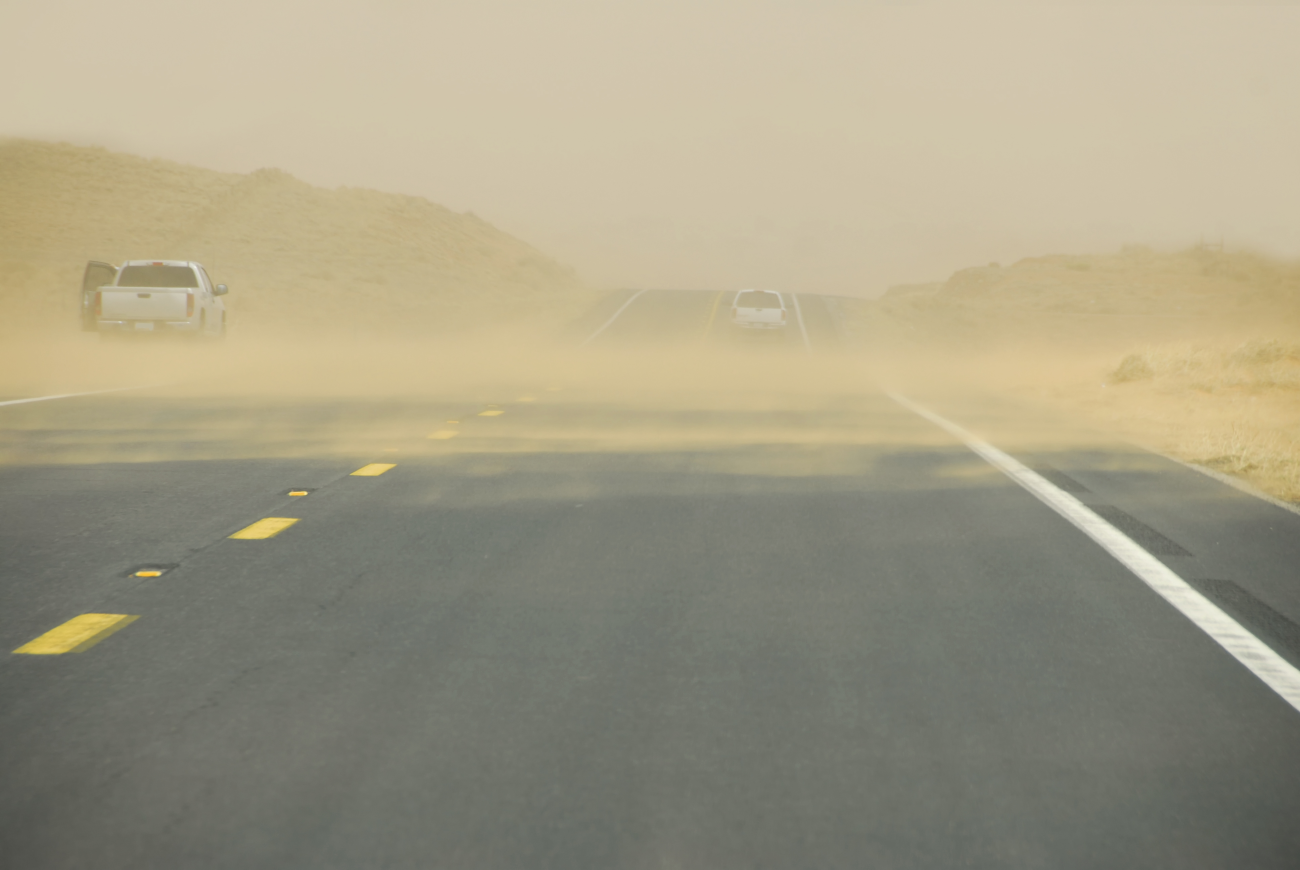
Important Read
Sand and ash storms are not something that people expect when coming to Iceland. Read more.
